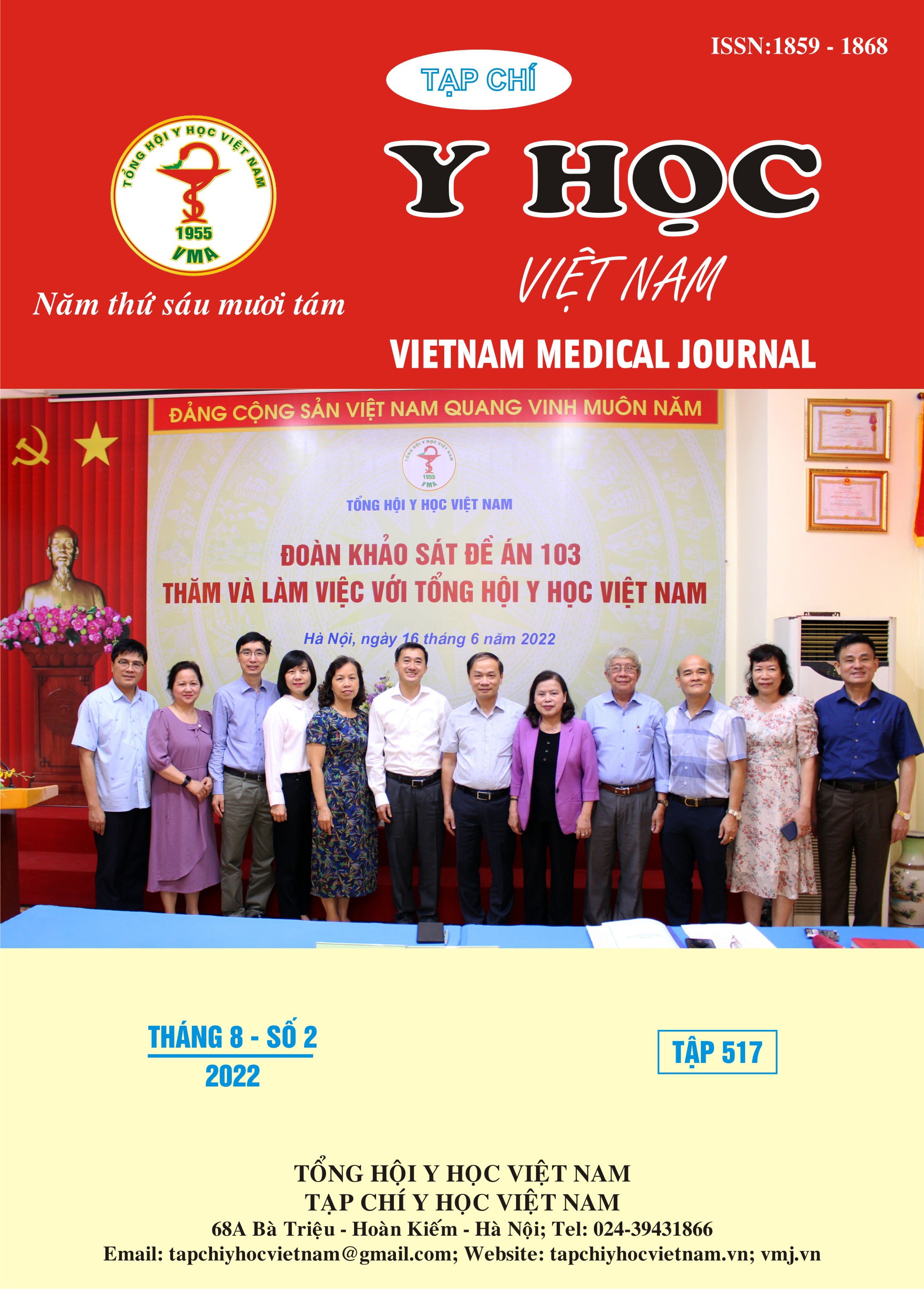A SURVEY OF AWERENESS PROFESSIONALISM AMONG UNDERGRADUATES NURSING STUDENTS AND ALUMNI AT EASTERN INTERNATIONAL UNIVERSITY
Main Article Content
Abstract
Background: In addition to medical ethics, professionalism in medicine is one of the nursing core competencies that has a direct impact on the efficacy of patient care and management. In order to construct an effective nursing professional training program and regional integration, it is imperative to determine the level of professionalism awareness among nurses. Objectives: Determine the perceptions of students and alumni regarding the core values of professionalism, as well as the difference in perceptions between the two groups. Methods: From October 1, 2020 to February 20, 2021, 208 students and 88 alumni of the Nursing of School at Eastern International University, Binh Duong province, participated in a descriptive cross-sectional study. Using a questionnaire of professionalism in medicine employing the Likert scale from 1 to 5, comprising six measurement components of professionalism. Cronbach's Alpha of 0.91 on the whole scale was used to evaluate nursing students' and alumni's professional perceptions. Results: The results show that analysis results showed the perception of nursing students and alumni on core values of professionalism were considered very important (MCSV= 4.64, MSV=4.50). There were statistically significant differences in the mean score of perceptions on professionalism between nursing students and alumni. Alumni were more likely than nursing students to have a higher level of total perception on professionalism, ensuring quality care, altruism, self-awarenes, students in year training as well as alumni working in hospitals and clinics have differences in perception of several factors. Conclussion: Alumni and nursing students were aware of the significance of professionalism and core values. When designing training programs, the results of this study demonstrate the importance of regularly assessing and measuring the perceived professionalism of students and alumni after graduation.
Article Details
Keywords
Professionalism, nursing competency standards, alumni, nursing student
References
2. Lobna, K. M., Shereen R. D., & Walla M. E. (2019), "Experiences of Professionalism Attributes among Undergraduates Nursing Students and Nurses", Evidence-Based Nursing Research. 2(1), pp. 80-91.
3. Nhan, V. T., et al. (2014), "Cross-cultural construct validity study of professionalism of Vietnamese medical students", Teach Learn Med. 26(1), pp. 72-80.
4. Vo Duc, Toan, et al. (2021), "An Assessment of Medical Students’ Perceptions Towards Professionalism in Health Care at Hue University of Medicine and Pharmacy, Hue University", Journal of Medicine and Pharmacy, pp. 105-110.
5. Bahreini, M., et al. (2011), "Comparison of the clinical competence of nurses working in two university hospitals in Iran", Nurs Health Sci. 13(3), pp. 282-8.
6. Ghadirian, F., Salsali, M., and Cheraghi, M. A. (2014), "Nursing professionalism: An evolutionary concept analysis", Iran J Nurs Midwifery Res. 19(1), pp. 1-10.
7. "Medical professionalism in the new millennium: a physician charter" (2002), Ann Intern Med. 136(3), pp. 243-6.
8. Richardson, C., Percy, M., and Hughes, J. (2015), "Nursing therapeutics: Teaching student nurses care, compassion and empathy", Nurse Educ Today. 35(5), pp. e1-5.
9. Tsai, T. C., et al. (2007), "Students' perception on medical professionalism: the psychometric perspective", Med Teach. 29(2-3), pp. 128-34.


